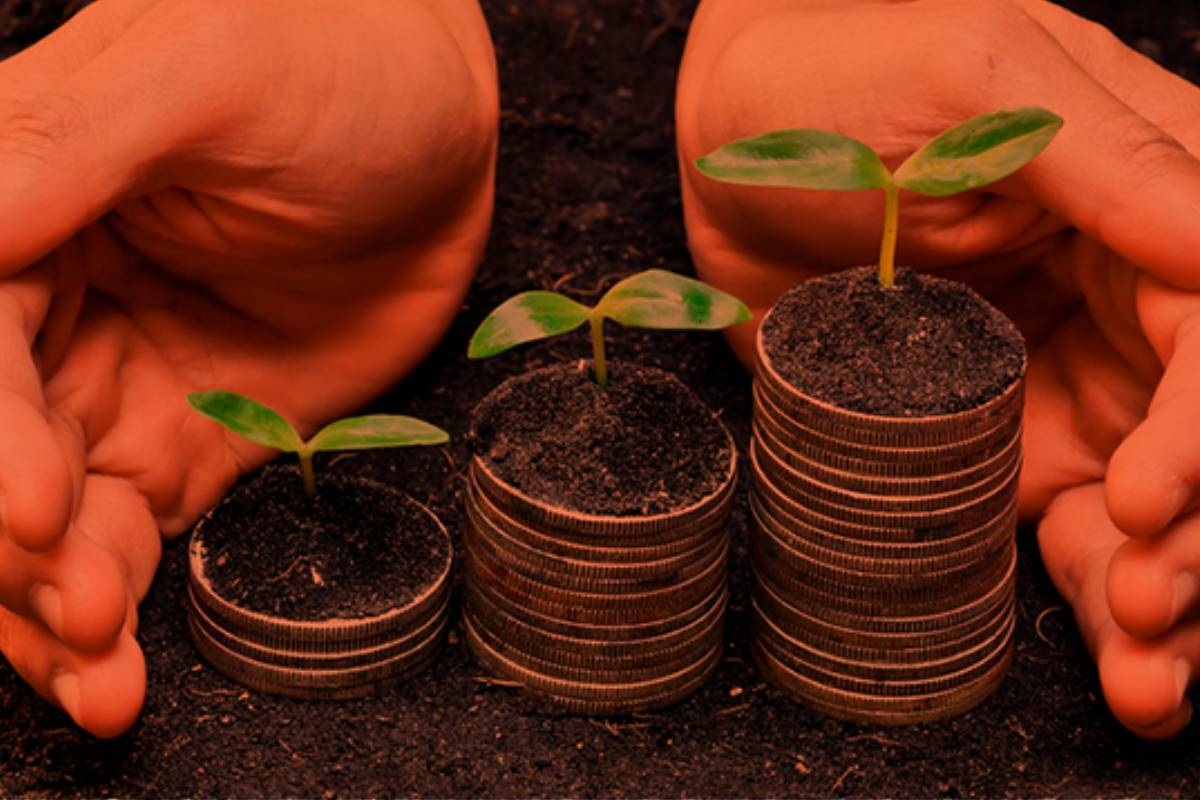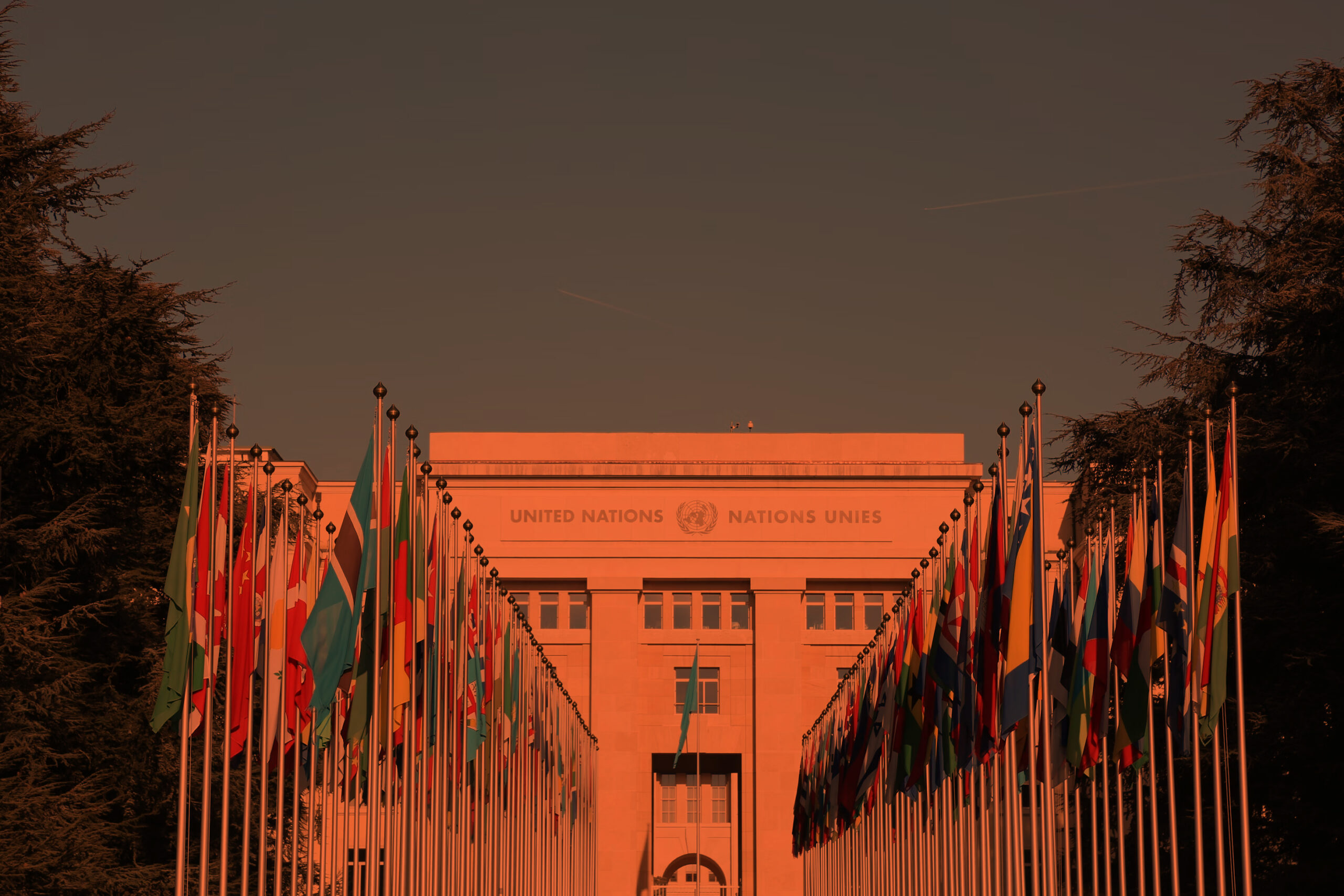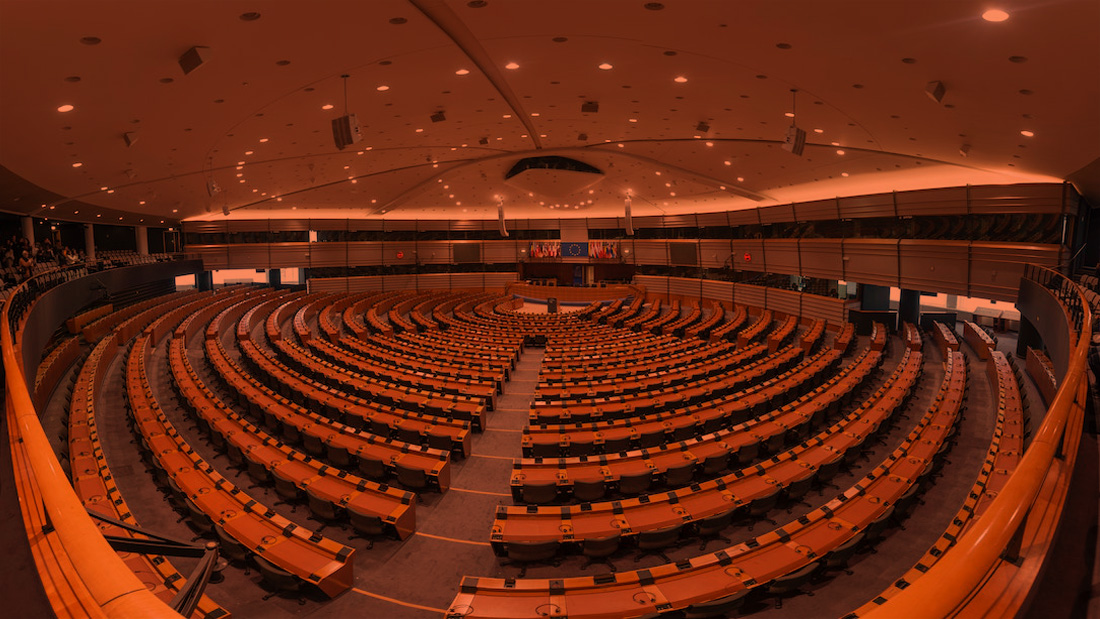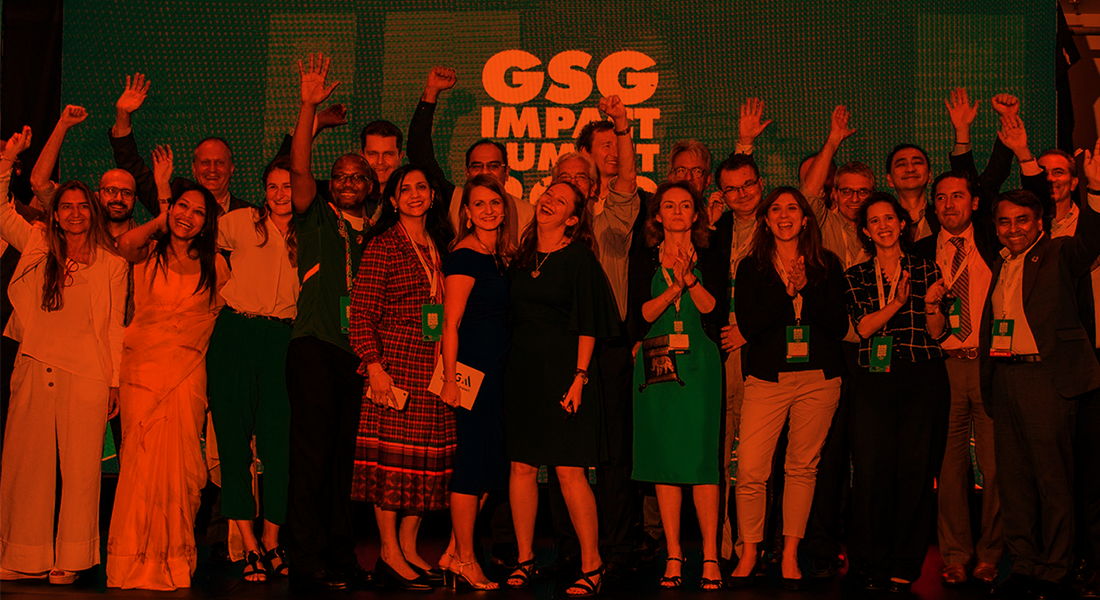The new UN report highlights the fundamental role of the social and solidarity economy in achieving the Sustainable Development Goals. By analyzing the current state and challenges of the sector, the document proposes strategic priorities to promote a more inclusive and sustainable economy, and calls on states and international organizations to strengthen support for this economy for a fair and resilient future.
“Promoting the Social and Solidarity Economy for Sustainable Development”
On September 13th the UN General Secretariat published “Promoting the social and solidarity economy for sustainable development”, a report on the social and solidarity economy.
The document presented to the General Assembly follows the requests emerging from the Resolution 77/281 of 2023, in which the same Assembly had encouraged Member States and the UN to promote the social and solidarity economy.
The report first analyzes the “state of the art”, highlighting differences and similarities at national and macro-regional levels, looking both at the general definition of “social economy” and at the legislative and policy levels.
If the 2023 Resolution had the merit to establish a common definition of social and solidarity economy, unanimously approved by all member states, this new report is a step forward for the sector, remarking that social and solidarity economy contributes decisively to reach the goals of the 2030 Agenda for Sustainable Development
The report also indicates four priorities for actions: policy coherence, education and research, access to financial and non-financial support and statistical visibility.
If from the legislative, institutional and political points of view the United Nations highlights the global efforts to promote the growth, integration and importance of the social and solidarity economy, the document also points out some shortcomings in terms of education, research, training and statistical visibility, but also the access to financial resources, with the sector still “misunderstood” and considered “high risk and low reward” by traditional investors.
The General Secretariat therefore recommends giving prominence to the social and solidarity economy, encouraging the dissemination of the work of the Task Force on the Social and Solidarity Economy, in which the ILO’s International Training Centre in Turin had an important role, having developed online training modules..
In its conclusions, the document reaffirms the need for a commitment from the Member States and International Organisations to strengthen an economic, political and social environment in which the social and solidarity economy can guarantee economic development inspired by its values and principles, reaffirming the United Nations’ commitment in this direction.
For more details, consult the report at Promoting the social and solidarity economy for sustainable development.
Archivio:































































